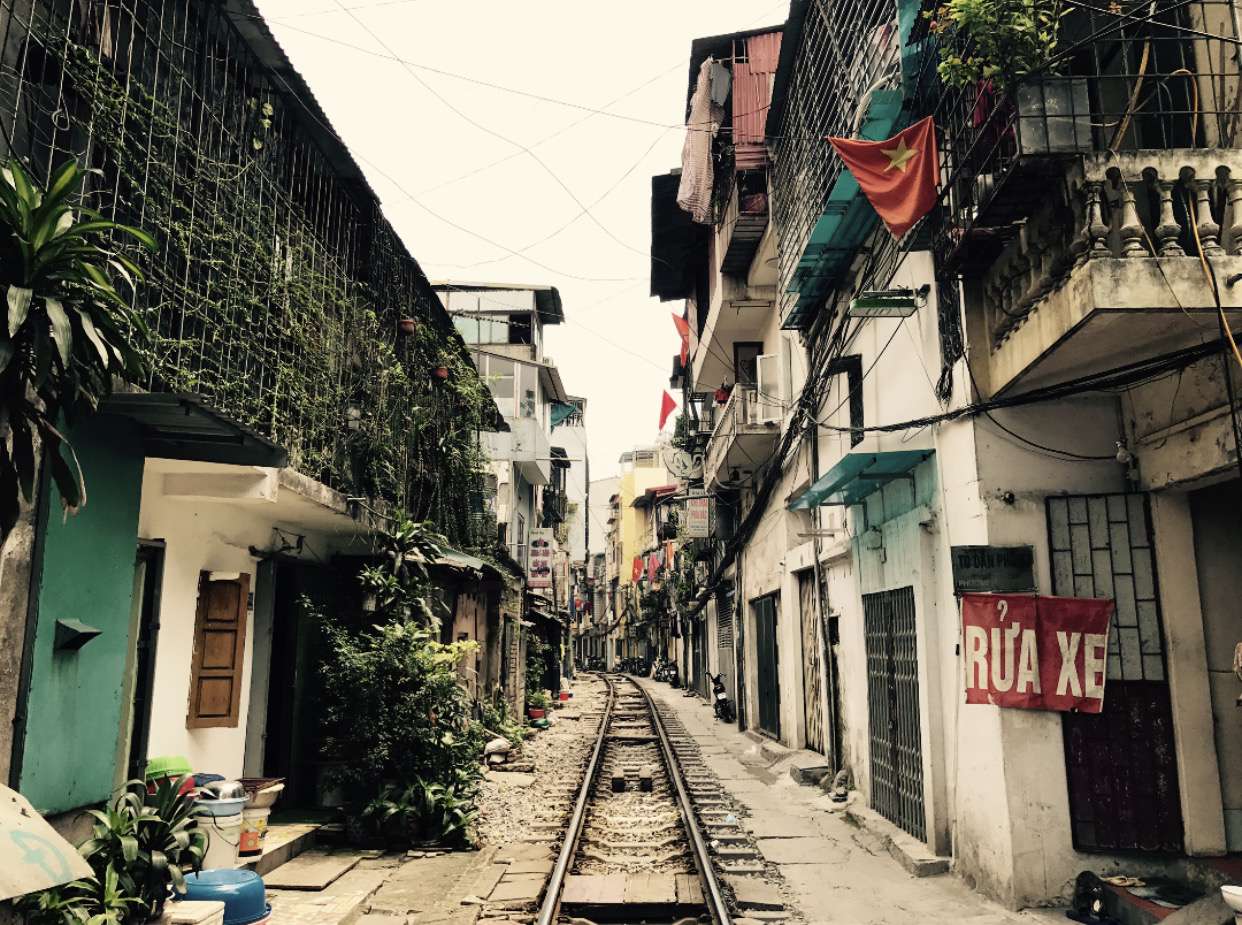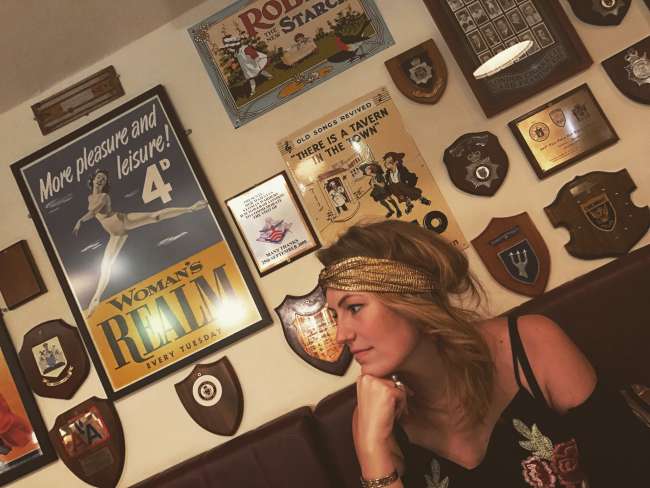Cambodia - Phnom Penh
Нийтэлсэн: 21.05.2017
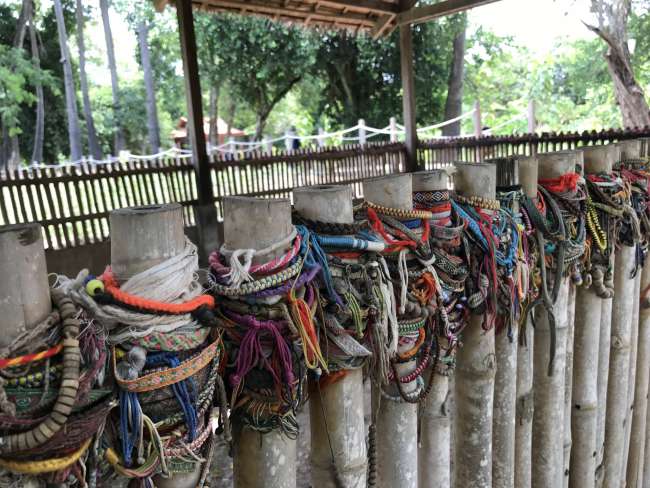
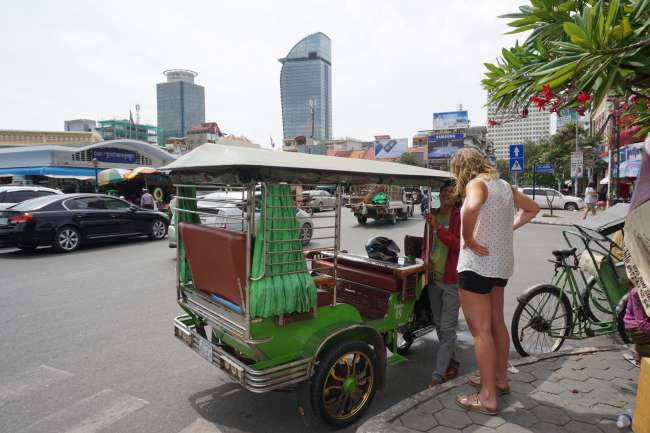
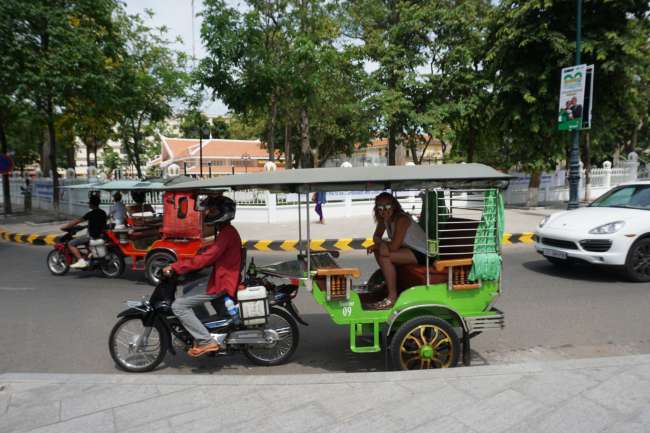
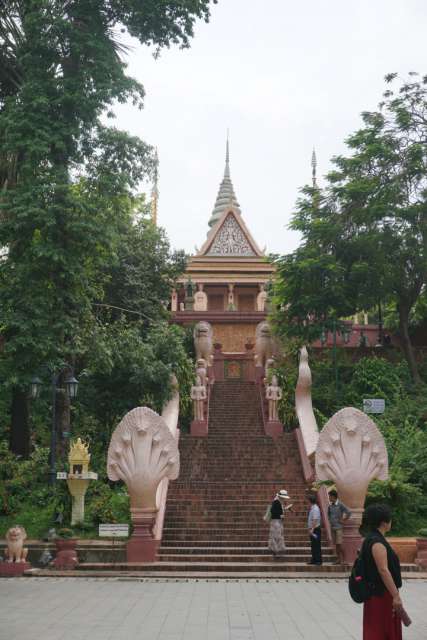
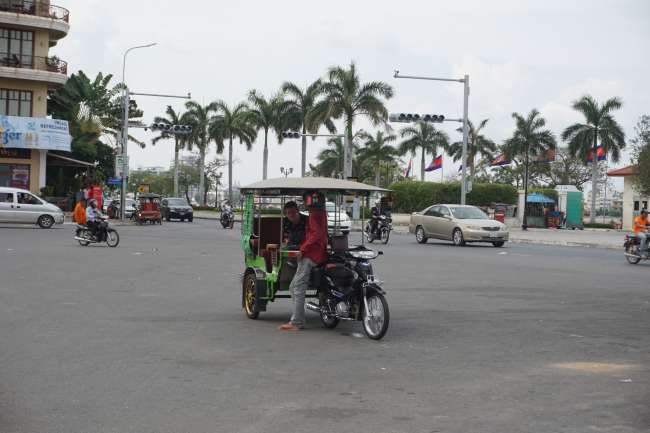
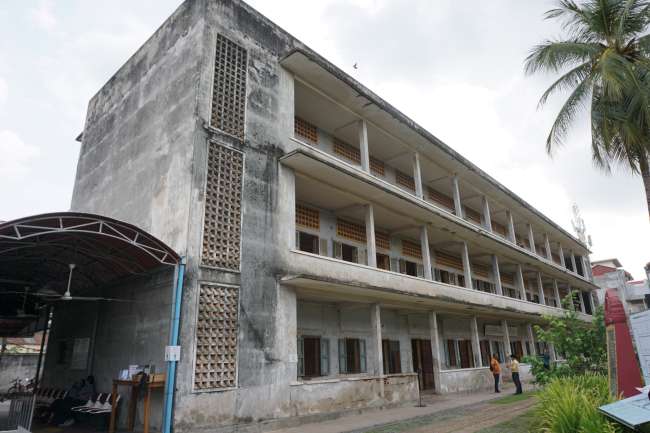
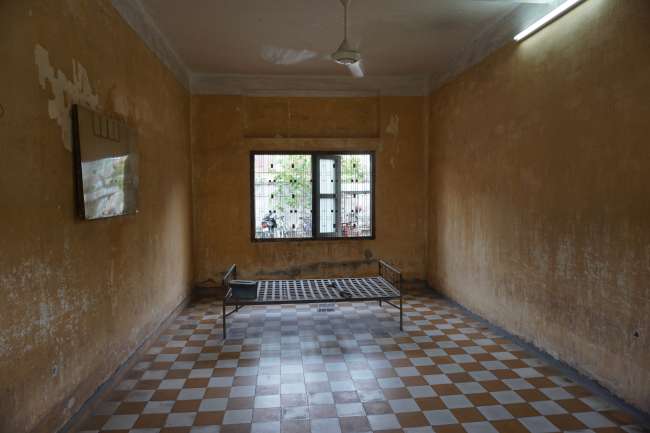
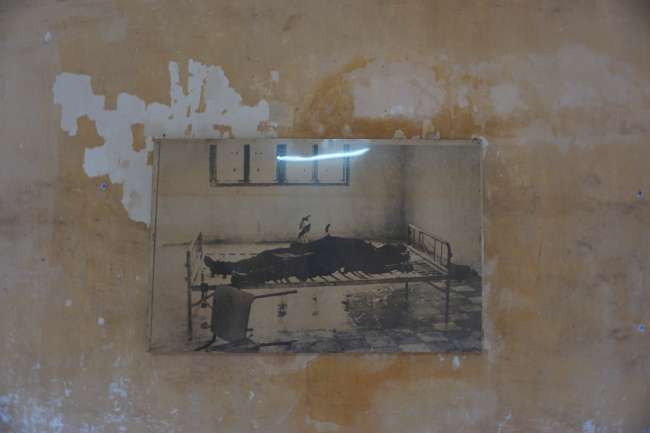
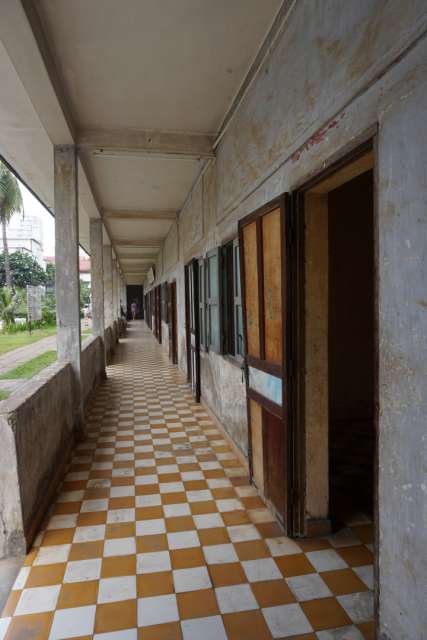
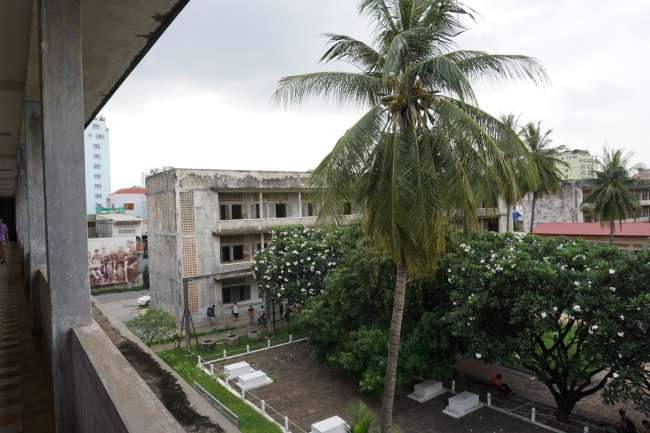
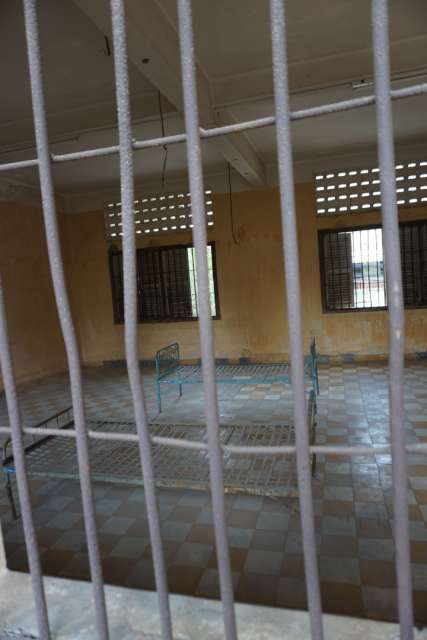
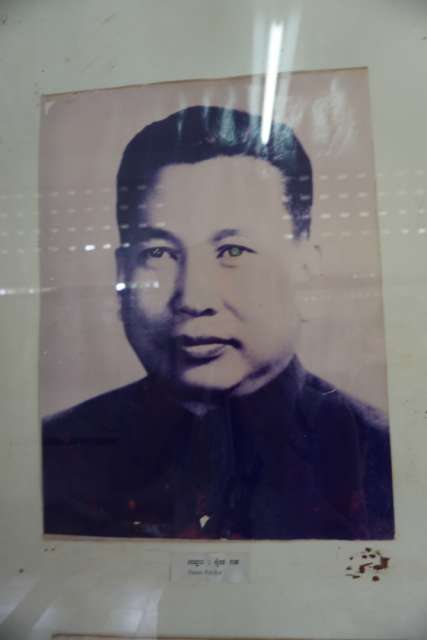
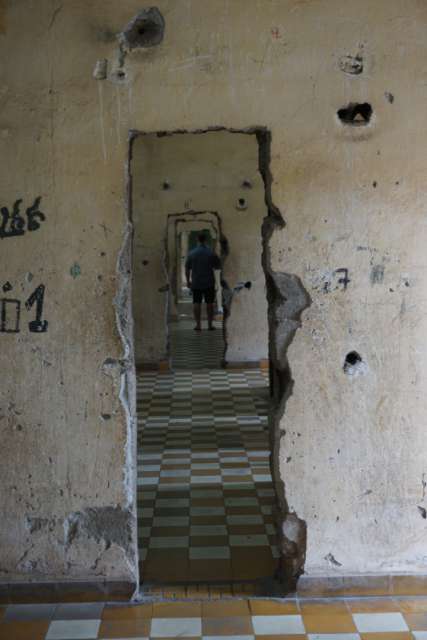
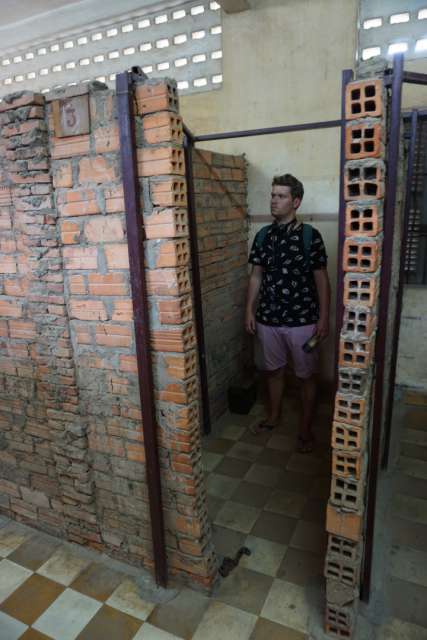
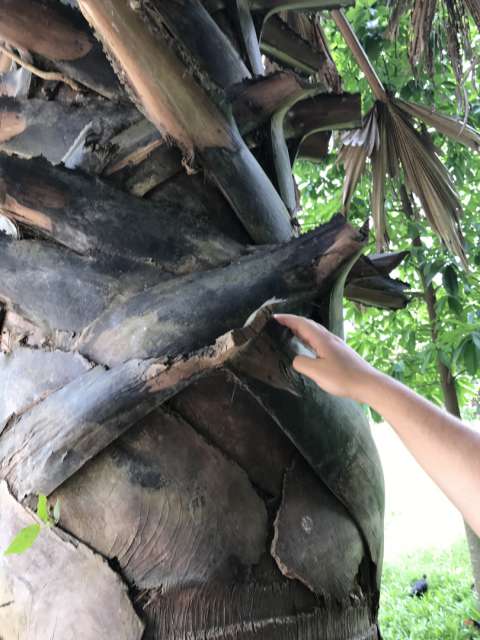
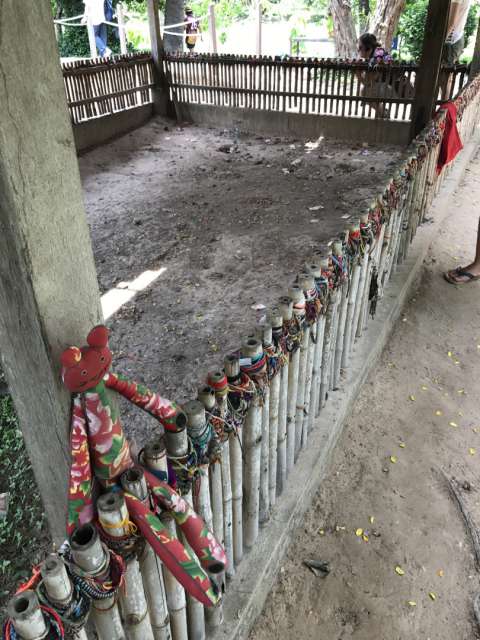
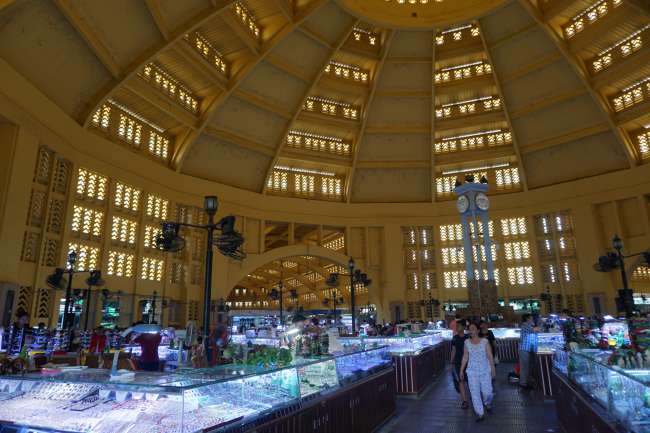
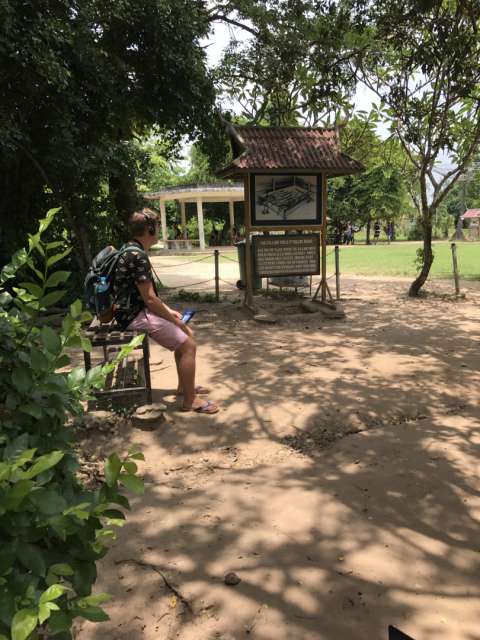
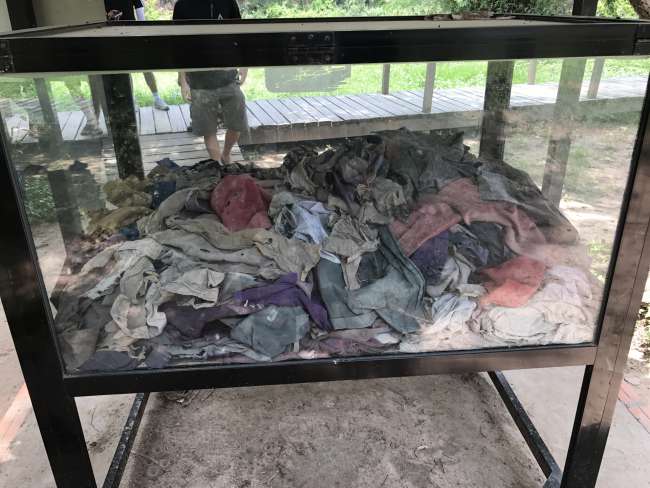
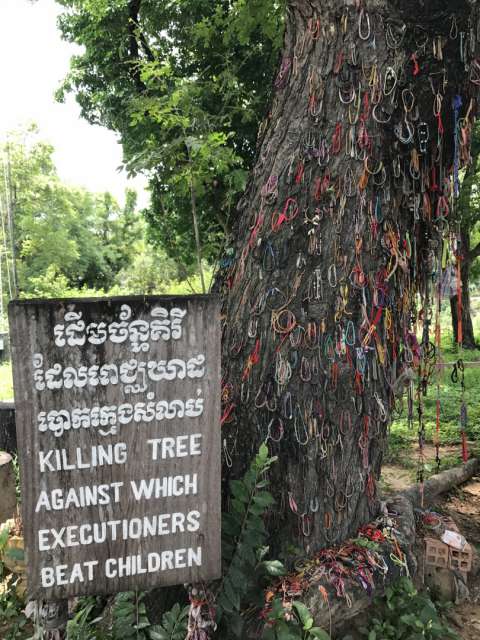
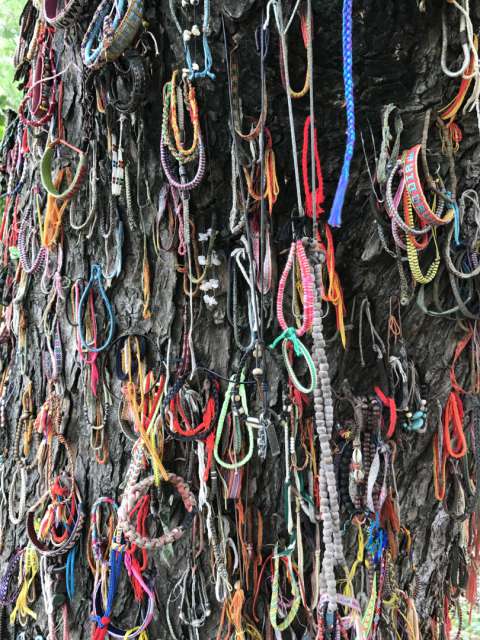
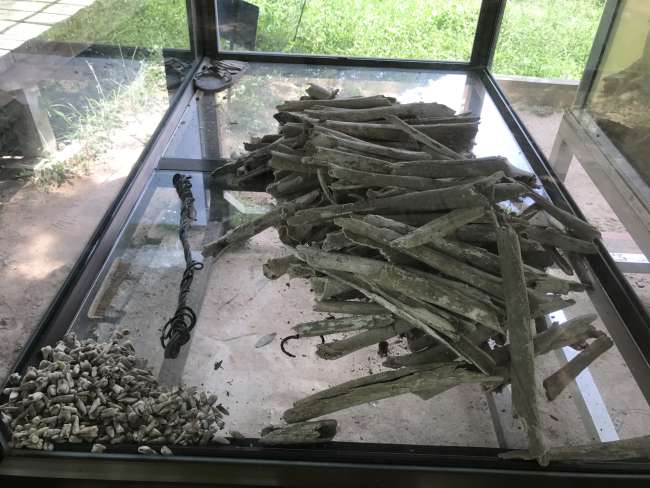
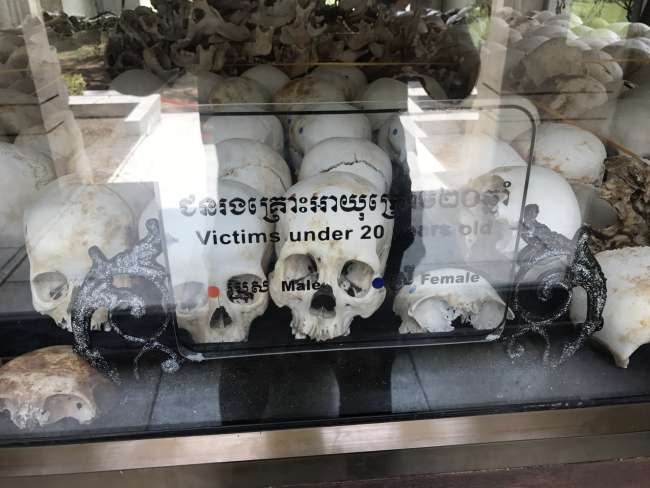
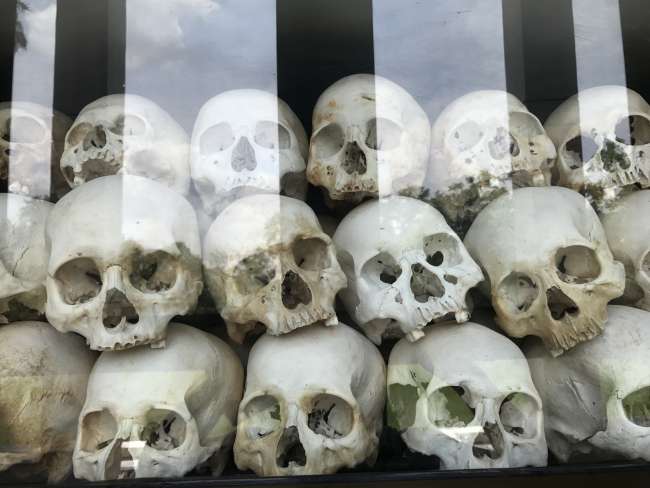
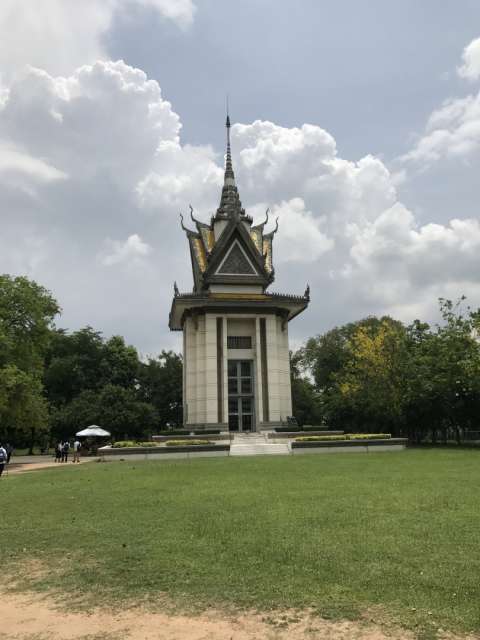
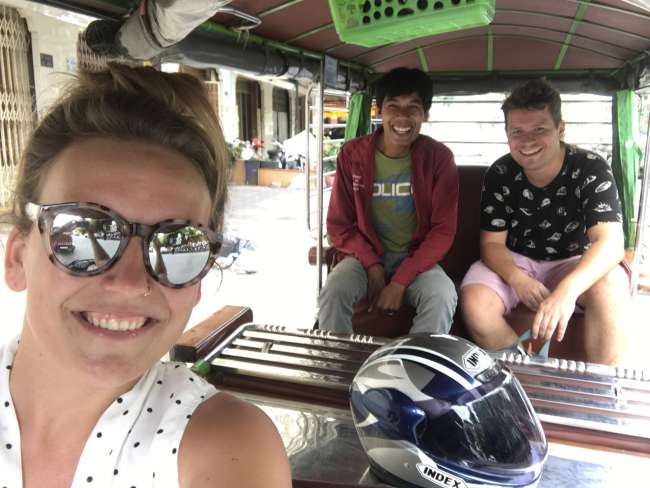
Мэдээллийн товхимолд бүртгүүлнэ үү
Our journey in Cambodia started in the capital city of Phnom Penh.
In Cambodia, the currency is Riel, but everywhere you pay in USD and all prices are quoted in USD. In some places, Riel is not even accepted. Crazy, we thought.
One thing that immediately stands out in Cambodia is the extreme poverty. A countless number of children begging or trying to sell trinkets. It's always incredibly difficult to resist those big round eyes. We haven't seen this in Vietnam or Laos so far.
In Phnom Penh, we had a few historic and very reflective days ahead of us.
Cambodia has an incredibly cruel and terrible history. What's even more shocking is that all these terrible things happened not too long ago. It's a big mystery how the rest of the world stood by and watched what was happening here.
Since sadly many people don't know about Cambodia's history, here's more about it.
In 1975, the dictatorship of the Khmer Rouge began in Cambodia. The goal of the Khmer Rouge was to build an agrarian state. That means education was considered an absolute waste in their eyes. Following the motto of 'A dumb people is easier to rule'! Therefore, all those considered 'intellectuals' by the Khmer Rouge were brutally murdered. Intellect here meant: anyone who could read, anyone wearing glasses, all teachers, all doctors - and so on. The cruelest deaths were determined by tiny details.
Millions of people were tortured and killed! And the worst part is, this went on until 1998. Isn't that insane?
First, we visited the Killing Fields in Phnom Penh.
With an audio guide, we walked through the grounds where the mass graves were. Again, cruel things happened here and people, children, and babies were killed in agony. It offered a deep, interesting, and shocking insight into the history and events. You can see the mass graves, where sometimes bones are still buried in the ground and occasionally a piece of clothing emerges. The path also passes a tree, the Killing Tree, where infants and babies were killed by being thrown against the tree. Unfortunately, this is the cruel truth. At the end, there is a memorial where the recovered skulls are stacked. Sorted by age of the victims.
The time at the Killing Fields was incredibly interesting, moving, and it made you lose yourself in thought.
Another memorial in Phnom Penh is Toul Sleng.
Toul Sleng is a place to be horrified and maybe also a bit comparable to German concentration camp memorials. It's where you are once again made aware of the cruelty and heartlessness with which the Khmer Rouge nearly wiped out a third of the Cambodian population.
Toul Sleng is an old school that was transformed into a terrible torture prison. Here too, you are guided through the buildings with an audio guide, and the grim stories give you goosebumps.
When you enter the rooms, you see former classrooms. Today, there are only bed frames with chains attached. Some bloodstains can still be seen on the walls and floor. Pictures of half-dead people, bound and tortured, hang on the walls. In the next building, the rooms are divided into tiny cells, where only sparse or no light enters. Downstairs, there are pictures of various torture methods.
Torture devices are displayed, as well as pictures of the victims, the guards, and those who tortured and often raped women.
This exhibition is not for the faint-hearted, and you will think about all the events for a long time. It's incredible the level of hatred you can feel when you see the pictures of Pol Pot, the leader.
In Phnom Penh, we had another incredibly kind tuk-tuk driver, Donh. He is a Cambodian of our age, who is actually a hairdresser. However, he has a heart condition that now prevents him from fully using one of his arms. So he had to quit his job and now drives a tuk-tuk 7 days a week, as often as possible, to finance his daughter's school and life. He will soon have another heart surgery that will cost him 4,000€. Since he desperately needs the surgery, he has to save up. But how can you save when you have so little? With a smile on his face he said, 'In case of emergency, I will sell my tuk-tuk'. Donh radiated an incredible zest for life and was always up for a chat. It's amazing and impactful to meet such people on a journey.
Мэдээллийн товхимолд бүртгүүлнэ үү
Хариулт
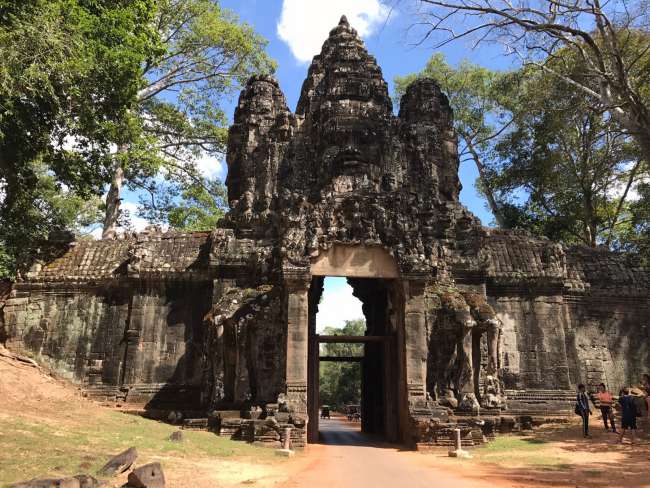
Камбож аяллын тайлан
